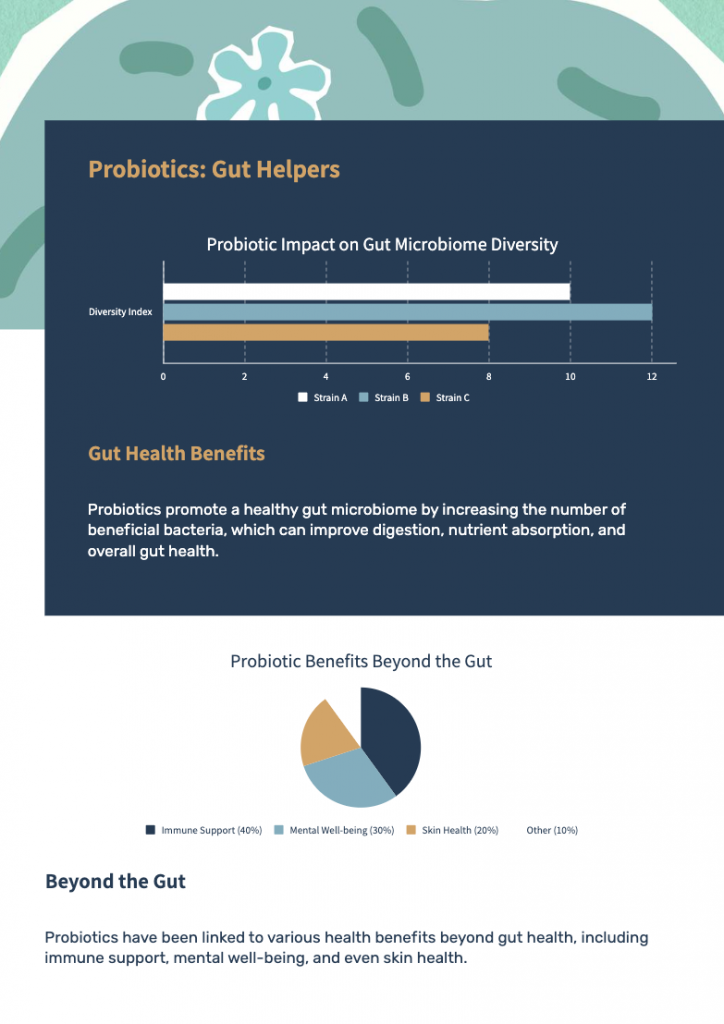Irritable Bowel Syndrome (IBS) can be a frustrating condition, but many individuals find relief through natural management strategies. Here are some effective approaches to help you manage IBS symptoms without relying solely on medication.

1. Follow a Low-FODMAP Diet
The low-FODMAP diet involves reducing foods that are high in fermentable oligosaccharides, disaccharides, monosaccharides, and polyols. These compounds can trigger IBS symptoms. Common high-FODMAP foods include wheat, certain fruits (like apples and pears), and legumes. Working with a dietitian can help you navigate this diet effectively.
2. Incorporate Probiotics
Probiotics are beneficial bacteria that can support gut health. Some studies suggest that certain strains may alleviate IBS symptoms. Foods like yogurt, kefir, sauerkraut, and supplements can help restore a healthy balance in your gut microbiome.

3. Manage Stress
Stress can significantly impact IBS symptoms. Techniques such as mindfulness meditation, yoga, and deep breathing exercises can help reduce stress levels. Finding activities that promote relaxation can make a noticeable difference in your overall well-being.
4. Stay Hydrated
Proper hydration is vital for digestive health. Drinking plenty of water can help alleviate constipation, a common symptom of IBS. Herbal teas, such as peppermint or ginger tea, can also soothe the digestive tract and provide additional benefits.
5. Keep a Food Diary
Tracking your food intake and symptoms can help you identify triggers. Note what you eat, when you eat, and any symptoms that arise. This information can be invaluable for determining which foods to avoid and for discussing with a healthcare professional.
6. Regular Exercise
Physical activity can improve digestion and reduce stress. Aim for at least 30 minutes of moderate exercise most days of the week. Activities like walking, swimming, or cycling can be beneficial. Listen to your body and choose exercises that feel good for you.
7. Herbal Remedies
Certain herbs, such as peppermint oil and ginger, have been shown to help alleviate IBS symptoms. Peppermint oil capsules can reduce abdominal pain and bloating, while ginger can aid digestion and reduce nausea. Always consult with a healthcare provider before starting any new supplements.
8. Establish a Routine
Keeping a consistent eating schedule can help regulate your digestive system. Try to eat small, balanced meals at regular intervals throughout the day. This can help prevent overeating and reduce the likelihood of triggering symptoms.
Conclusion
Managing IBS naturally is possible with a combination of dietary adjustments, stress management techniques, and healthy lifestyle choices. By implementing these strategies, you can take control of your symptoms and improve your quality of life. Always consult with a healthcare professional before making significant changes to your diet or treatment plan.

